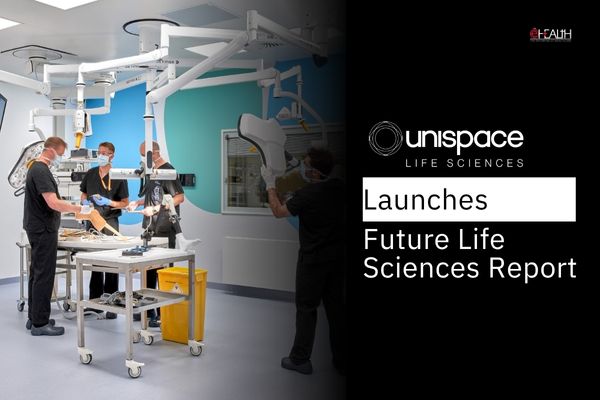The National Institutes of Health has launched a nationwide IT-supported research initiative using human studies to define changes in the human immune system in response to infection or to vaccination.The researchers will take advantage of technological developments and advances in creating databases and developing mathematical models to identify and analyze the complex changes in immune profiles. The funding – a total of $100 million over five years – comes from the National Institute of Allergy and Infectious Diseases (NIAID), part of the National Institutes of Health. Support for the first year of the initiative will come from the American Recovery and Reinvestment Act.Investigators will analyze samples from well-characterized groups, including children, the elderly, and people with autoimmune diseases such as lupus. These groups represent diverse populations with respect to age, genetics, gender and ethnicity.The research teams will examine immune system elements of these populations before and after exposure to naturally acquired infections or to vaccines or vaccine components. The profile that will emerge of the body’s response to vaccination will be based on the most sophisticated and comprehensive analytical procedures currently available. This will enable new approaches to examining vaccine safety, not just of individual vaccines but also of the processes of immunization in general. The studies will focus on immune responses to vaccines against specific viruses and bacteria, such as influenza and pneumococcus, as well as to infection with West Nile virus.Each awardee will contribute to the establishment of a centralized infrastructure to collect, characterize and store human samples and analyze the large data sets that will be generated. Eventually, the centers will gather the information from thiseffort into a centralized Web-based database they will make available to the scientific community to promote and support human immunology research.

Be a part of Elets Collaborative Initiatives. Join Us for
Upcoming Events and explore business opportunities. Like us on
Facebook , connect with us on
LinkedIn and follow us on
Twitter ,
Instagram.
"Exciting news! Elets technomedia is now on WhatsApp Channels Subscribe today by clicking the link and stay updated with the latest insights!" Click here!
















